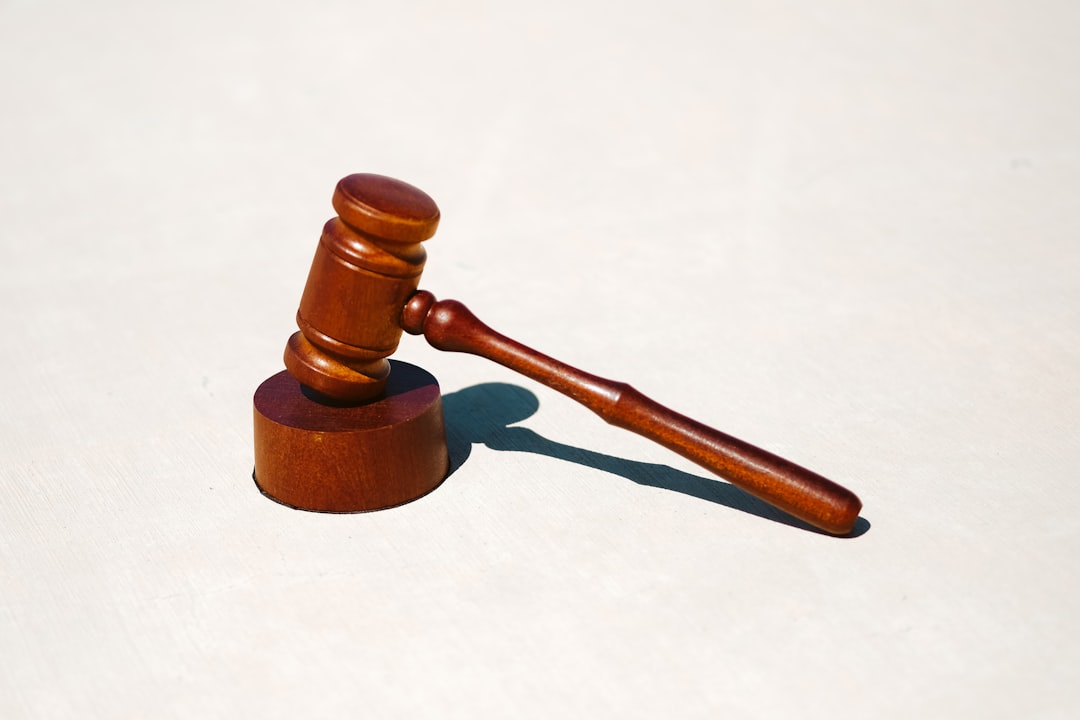Peer support groups and sexual abuse attorneys South Carolina collaborate to provide critical resources for survivors, fostering community, reducing isolation, promoting healing, and ensuring legal advocacy for holistic recovery.
“Peer support plays a pivotal role in the recovery process for individuals who have experienced sexual abuse, offering invaluable emotional backing and guidance. This article explores South Carolina’s initiatives focusing on peer mentorship in the context of sexual abuse recovery. We delve into the state’s unique approach, examining successful programs that connect survivors with trained peers. Additionally, we discuss the legal collaboration with sexual abuse attorneys in SC, highlighting the comprehensive support system. The piece concludes by looking at community initiatives and future prospects, emphasizing the enduring impact on survivor well-being.”
Understanding Peer Support in Sexual Abuse Recovery

Peer support plays a vital role in the recovery process for individuals who have experienced sexual abuse, offering a unique and powerful form of assistance. In the context of South Carolina, where victims of sexual assault may face significant challenges navigating legal systems with the help of sexual abuse attorneys South Carolina, peer support groups provide a safe space to share experiences, gain emotional support, and build resilience. These groups are facilitated by trained volunteers who have themselves recovered from similar traumatic events, enabling them to offer empathy and understanding that is hard to replicate in other settings.
The benefits of peer support are numerous. It helps reduce feelings of isolation, promotes healing, and empowers survivors to take control of their recovery journey. Through regular meetings and activities, participants can learn coping strategies, develop new skills, and gain a sense of community. This network of support is particularly crucial for long-term recovery as it provides ongoing assistance and encouragement, fostering an environment where individuals feel heard, validated, and understood in their unique healing process.
South Carolina's Approach to Supporting Survivors

In South Carolina, there is a growing recognition of the significance of peer support in aiding survivors of sexual abuse navigate their recovery journey. The state has initiated several programs aimed at fostering a supportive environment for those affected by this traumatic experience. These initiatives typically involve establishing support groups where survivors can connect with peers who have gone through similar situations, providing a sense of community and understanding.
The role of these peer support networks is multifaceted; they offer emotional backing, share valuable coping strategies, and dispel the isolation often felt by sexual abuse survivors. South Carolina’s approach emphasizes the power of collective healing, where individuals can find solace and strength in the company of others who genuinely comprehend their struggles. Moreover, local organizations collaborate with sexual abuse attorneys in South Carolina to ensure that legal avenues are explored while also providing comprehensive support services for a holistic recovery process.
The Impact of Peer Mentorship Programs

Peer mentorship programs play a pivotal role in supporting individuals who have experienced sexual abuse, offering them a unique and powerful form of assistance. These initiatives provide a safe space for survivors to connect with peers who have faced similar challenges, fostering a sense of community and understanding. The impact is profound; it helps reduce feelings of isolation, which are common among sexual abuse victims. Knowing that someone else has navigated a similar journey can offer solace, encouragement, and valuable insights into the healing process.
In South Carolina, where there’s a growing recognition of the importance of mental health support, peer mentorship programs have emerged as game-changers in the lives of survivors. These initiatives often involve trained facilitators who guide small groups through shared experiences, allowing individuals to express their feelings, exchange coping strategies, and build resilience. The presence of sexual abuse attorneys South Carolina advocates for these programs ensures that participants’ rights are protected while encouraging open dialogue. Such peer support networks have been shown to enhance recovery rates, promote empowerment, and contribute to the overall well-being of survivors.
Legal Aspects: Collaboration with Sexual Abuse Attorneys SC

In navigating the legal complexities surrounding sexual abuse cases, collaboration with specialized professionals is paramount. South Carolina has initiatives that emphasize the integration of peer support with legal services for survivors. Sexual abuse attorneys in South Carolina play a crucial role in this process by providing legal advocacy and guidance tailored to the unique needs of individuals who have experienced trauma. They ensure that survivors’ rights are protected and that they receive just compensation, which is essential for their recovery.
These attorneys work closely with peer support networks to offer comprehensive care. By fostering partnerships with local organizations and community members, sexual abuse attorneys SC enhance accessibility to justice and support services. This collaborative approach not only facilitates legal proceedings but also contributes to a more holistic healing environment for survivors, addressing both the emotional and legal dimensions of their journey towards recovery.
Community Initiatives and Future Directions

Community initiatives in South Carolina have shown promising results in supporting survivors of sexual abuse through peer support networks. These programs often facilitate connections between individuals who have shared similar experiences, providing a sense of belonging and understanding. Peer support groups offer a safe space for participants to express their emotions, share resilience strategies, and gain valuable insights from one another’s journeys. Such initiatives are particularly impactful when led by trained facilitators who can ensure a supportive environment and guide members through the healing process.
Looking ahead, there is an opportunity to expand these peer support systems by integrating them with legal services for sexual abuse survivors. Collaborating with sexual abuse attorneys in South Carolina could enhance the holistic approach to recovery, ensuring that legal rights are protected while providing emotional and psychological support. By combining legal advocacy with peer mentoring, communities can foster a more comprehensive healing environment, empowering survivors to take control of their journeys towards justice and well-being.





